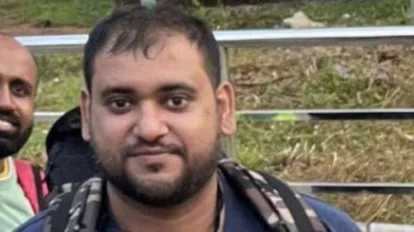Supreme Court Grants Custody of Bengaluru Techie Atul Subhash’s Son to Estranged Wife Amid Suicide Probe
New Delhi – The Supreme Court on Friday granted custody of the minor son of Bengaluru-based techie Atul Subhash, who recently died by suicide, to his estranged wife. The decision comes amid an ongoing investigation into the circumstances surrounding Subhash’s death.
The apex court rejected a plea filed by the techie’s mother, who sought custody of her grandson, arguing that she was the primary caregiver and better suited to raise the child. However, the court emphasized that the child’s welfare and best interests are paramount in such cases.
“The minor’s upbringing and stability require the presence of the biological parent unless compelling evidence suggests otherwise,” the bench stated in its order, noting that no such evidence was presented against the estranged wife.
Atul Subhash, a software engineer, reportedly died by suicide last month, sparking a police investigation into the alleged causes, which include familial disputes and professional stress. The case has drawn significant public attention, with various family members leveling allegations against each other.
The estranged wife, who had been living separately from Subhash, argued in court that as the child’s mother, she was better positioned to provide emotional and financial support. Her legal team also contended that removing the child from her care would lead to unnecessary disruption during an already traumatic period.
The grandmother, on the other hand, claimed that she had been the primary guardian of the child following the marital discord and had played a critical role in his upbringing.
Rejecting the grandmother’s plea, the court observed that while grandparents play a vital role in a child’s life, custody decisions must prioritize parental rights and the child’s emotional security.
The ongoing investigation into Subhash’s death continues to loom over the family. Police sources indicate they are exploring multiple angles, including allegations of domestic discord and workplace stress, to ascertain the reasons behind the tragic incident.
This custody battle marks yet another legal development in the unfolding case, highlighting the delicate balance courts must maintain in ensuring the welfare of children amid family disputes.

